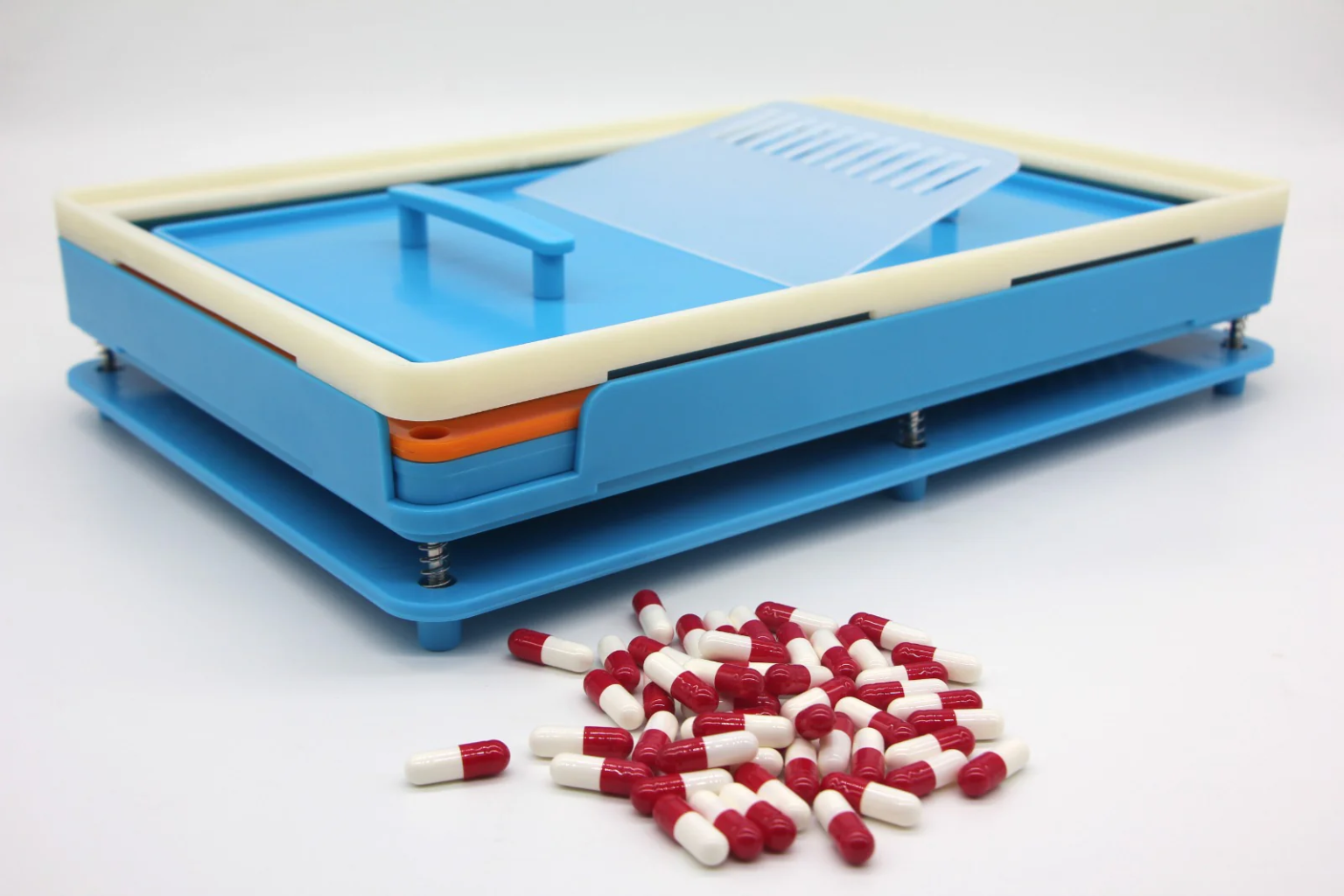In the world of pharmaceuticals and dietary supplements, capsules are a popular delivery method for powdered ingredients. Their ease of consumption, precise dosing, and ability to mask unpleasant tastes make them ideal for both consumers and manufacturers. Behind the scenes, powder capsule filling machines play a critical role in ensuring capsules are filled quickly, accurately, and hygienically.
These machines have become a cornerstone of capsule production, supporting everything from small-batch custom formulas to mass-produced medications. In this article, we’ll explore what powder capsule filling machines are, how they work, the different types available, and the benefits they offer to manufacturers across industries.
What Are Powder Capsule Filling Machines?
Powder capsule filling machines are specialized devices used to fill empty capsules—typically made of gelatin or plant-based HPMC—with powdered substances. These powders can include:
- Pharmaceutical drugs
- Herbal extracts
- Vitamins and minerals
- Nutraceutical blends
- Amino acids or sports nutrition formulas
These machines help automate the capsule production process, improving consistency, efficiency, and output.
How Do Powder Capsule Filling Machines Work?
While specific designs vary by machine type and manufacturer, the basic process is as follows:
- Capsule Loading: Empty capsules are fed into the machine, where they are oriented and separated into the cap and body.
- Powder Filling: Powder is dispensed into the capsule body using tamps, dosators, or vacuum suction depending on the system.
- Compacting: The powder is tamped or compacted to ensure consistent fill weight and volume.
- Capsule Rejoining: The cap is placed back onto the body and sealed (either snapped shut or banded).
- Ejection: Filled capsules are discharged and collected for inspection and packaging.
Advanced machines also feature weight-checking systems, dust extraction, and automatic cleaning functions.
Types of Powder Capsule Filling Machines1. Manual Capsule Fillers
These machines are hand-operated and used for small batches. Operators manually load capsules, fill them with powder using tamper tools, and close the capsules.
- Best for: Small-scale operations, research labs, compounding pharmacies
- Output: Up to 1,000 capsules per hour
- Pros: Low cost, portable, no electricity required
- Cons: Labor-intensive and slower than automated systems
2. Semi-Automatic Capsule Filling Machines
These machines automate part of the process, such as capsule separation and powder filling, but still require human assistance for loading and unloading.
- Best for: Mid-sized supplement or pharmaceutical companies
- Output: 10,000 to 30,000 capsules per hour
- Pros: Faster than manual, more accurate dosing
- Cons: Requires operator supervision and cleaning between batches
3. Automatic Capsule Filling Machines
These fully automated machines handle the entire process with minimal human input. They are used for high-volume manufacturing and are built to meet strict pharmaceutical standards.
- Best for: Large-scale pharmaceutical and nutraceutical companies
- Output: 50,000 to 200,000+ capsules per hour
- Pros: High efficiency, accurate dosage control, scalable
- Cons: Higher cost, larger footprint, requires technical knowledge
Key Features to Look For
When selecting a powder capsule filling machine, manufacturers should consider the following features:
- Adjustable Fill Weight: Allows for control over dosage and accuracy.
- Capsule Size Compatibility: Most machines support sizes #000 to #5.
- Dust Extraction System: Keeps the environment clean and safe.
- Tamping Mechanism or Dosator System: For compacting and accurate powder measurement.
- Tool-Free Changeovers: Essential for reducing downtime when switching products.
- Stainless Steel Build: Ensures GMP compliance and corrosion resistance.
Benefits of Powder Capsule Filling Machines1. Precise Dosage Control
These machines ensure each capsule receives the correct amount of powder, reducing variability and ensuring customer safety.
2. Increased Efficiency
Automated and semi-automated machines significantly reduce production time, allowing companies to meet higher demand and scale their operations.
3. Enhanced Product Quality
Capsules are evenly filled, properly sealed, and clean, giving a professional finish and maintaining ingredient stability.
4. Labor Savings
Automation minimizes the need for manual labor, freeing up staff for quality control and other tasks.
5. Regulatory Compliance
Capsule filling machines are designed to meet cGMP, FDA, and ISO standards, which is essential in regulated industries.
6. Hygienic Operation
With enclosed systems, dust control, and easy-to-clean surfaces, these machines help maintain sanitary production conditions.
Industries That Use Powder Capsule Fillers
- Pharmaceutical Industry
- Produces prescription medications in powdered form, especially for chronic conditions and long-term treatments.
- Nutraceutical and Dietary Supplements
- Encapsulation of vitamins, herbal extracts, and natural blends.
- Veterinary Medicine
- Capsules used for dosing animals in a controlled and stress-free manner.
- Sports Nutrition
- Common for pre-workout formulas, amino acids, and muscle recovery blends.
- Research and Development
- Custom formulations and test batches for clinical trials or new product development.
Conclusion
Powder capsule filling machines are essential tools in the pharmaceutical and nutraceutical sectors. Whether used in a small compounding pharmacy or a large-scale supplement facility, these machines ensure precision, efficiency, and consistency in every capsule produced. By investing in the right equipment, manufacturers can scale production, improve product quality, and meet growing consumer demand for safe and effective supplements. Machines for powder capsule filling are important for the pharmaceutical industries.




